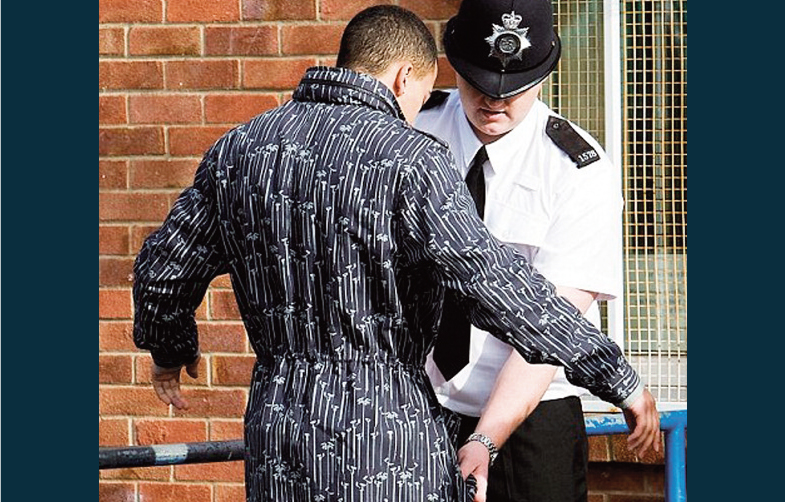Operation Blunt 2 shows stop-and-search surge not effective for reducing crime`
A surge in stop-and-search activity by the Metropolitan Police Service (MPS) had no noticeable “crime-reducing effects” at local level, a Home Office study has found.
A surge in stop-and-search activity by the Metropolitan Police Service (MPS) had no noticeable “crime-reducing effects” at local level, a Home Office study has found.
Experts examined the impact of an initiative aimed at reducing knife crime in 2008/09 that saw a sharp jump in weapons` searches carried out in the capital.
At the time officers were carrying out one search every 20 seconds on average nationwide.
Ten priority boroughs in London recorded a three-fold increase in the number of searches, up from 34,154 to 123,335 in the first year of Operation Blunt 2, while another 16 had a smaller rise of 18,103, which equated to an 87 per cent increase.
The analysis focused on nine measures of police recorded crime including different types of assault involving sharp instruments, robbery with weapons, drugs possession offences and three types of acquisitive crime.
The report by Rhydian McCandless, Andy Feist, James Allan and Nick Morgan said: “A difference-in-difference regression analysis, which controlled for other factors that might affect crime trends, found no statistically significant crime-reducing effect from the large increase in weapons searches during the course of Operation Blunt 2.
“This suggests that the greater use of weapons searches was not effective at the borough level for reducing crime.”
It added: “Overall, analysis shows that there was no discernible crime-reducing effects from a large surge in stop-and-search activity at the borough level during the operation.”
However, the report stressed it “does not necessarily follow” that stop-and-search activity “does not reduce crime”.
The study was based on data at borough level, with an average population of more than 200,000 per area.
“It is possible that there are localised crime reducing effects of stop-and-search activity that are masked when analysing data on such a large geographic area,” the study said.
The use of stop-and-search has varied over the last decade but at its peak in 2009, a search was undertaken every 20 seconds on average around the country.
Last year the issue was at the centre of controversy as Home Secretary Theresa May clashed with MPS Commissioner Sir Bernard Hogan-Howe when she insisted suggestions that knife crime was rising as a result of curbs on the tactic are “simply not true”.
The Home Office said it had introduced a number of measures since 2014 to improve the effectiveness of stop-and-search.
There has been a significant reduction in the use of stop and search by the police in England and Wales, down from a peak of 1.2 million in 2010/11, when nine per cent led to an arrest, to 539,000 in 2014/15, of which 14 per cent resulted in an arrest.
Knife crime has fallen by more than 16 per cent since 2011 although that includes a nine per cent increase recorded by the police in the last 12 months.
A Home Office spokesperson said: “The Government is clear that the power of stop-and-search, when used correctly, is vital in the fight against crime. However, when it is misused, stop-and-search is counter-productive and a waste of police time.
“Stop-and-search must be applied fairly, effectively and in a way that builds community confidence rather than undermining it. No-one should be stopped on the basis of their race or ethnicity.
“This particular study shows that there was no discernible crime-reducing effects from a large surge in stop-and-search activity at the borough level during the operation.
“However, the report makes it clear that it does not necessarily follow that stop-and-search activity does not reduce crime.”
In May 2008, the MPS under the direction of former Commissioner Sir Ian Blair launched the second anti-knife crime initiative, Operation Blunt 2, backed by a 75-strong task force that searched 5,395 people and recovered 231 knives in its first four days.
At the time the newly-elected Mayor of London Boris Johnson said: “Tackling violent crime is my number one priority and I`m keen to explore everything and anything which could help combat it.


